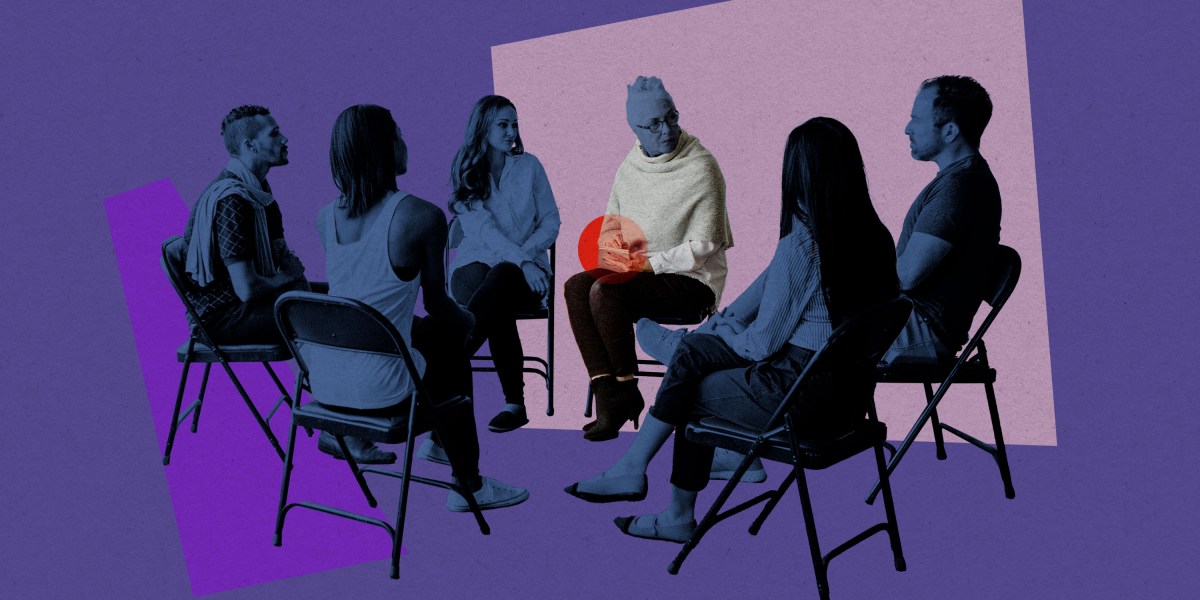Blog
Help! My therapist is secretly using ChatGPT

Understanding the Integration of AI in Therapy
In today’s digital world, the integration of artificial intelligence (AI) is becoming increasingly prevalent across various sectors, including mental health. One of the most notable tools gaining traction is ChatGPT, a language model developed by OpenAI. Many people might wonder about the implications of AI in therapy and whether it’s beneficial or concerning. This post aims to explore these questions while addressing a significant concern: “Is my therapist secretly using ChatGPT?”
The Rise of AI in Mental Health
AI Technology Overview
Artificial intelligence has revolutionized numerous industries by automating tasks, enhancing efficiency, and providing insights through data analysis. In mental health, AI tools like ChatGPT can simulate conversations, helping to streamline communication between therapists and clients or even acting as virtual support.
Benefits of AI-Assisted Therapy
-
Accessibility: AI can make mental health support more accessible to individuals who may not have easy access to traditional therapy due to geographical or financial barriers.
-
24/7 Support: AI can provide immediate assistance, offering support outside regular therapy sessions, which can be particularly useful during a crisis.
- Consistency: An AI tool can help reinforce strategies discussed in therapy sessions, reminding clients of coping mechanisms and providing continuity.
Therapist-Patient Relationship and Trust
The Importance of Transparency
Therapists build relationships based on trust and openness. If a therapist is utilizing AI tools like ChatGPT in their practice, it’s essential that they inform their clients. Transparency fosters a secure environment that enhances therapeutic effectiveness.
Ethical Considerations
The use of AI in therapy raises ethical questions. How can therapists ensure that sensitive data is protected? What guidelines exist for integrating AI tools? Mental health professionals need to navigate these dilemmas carefully, prioritizing client confidentiality and ethical practice.
Signs Your Therapist May Be Using AI
Changes in Communication Style
If you notice a shift in how your therapist communicates, it might raise some questions. AI tools can sometimes generate responses that feel scripted or impersonal, leading you to wonder if technology is being integrated into your sessions.
Unusual Suggestions or Responses
AI language models have a unique way of generating suggestions based on common patterns. If your therapist begins to offer advice that seems generic or lacks personal insight tailored to you, it could signal that they are utilizing an AI resource.
Delayed Responses or Unusual Timing
If your therapist begins to respond to you at unusual hours or with an unexpected delay, it may be a sign they are relying on AI tools to assist in formulating their responses. While therapists have their schedules and may communicate outside office hours, a change in consistency can be noteworthy.
How to Approach Your Concerns
Open Communication
If you suspect that your therapist is using AI like ChatGPT, approach them directly. Open a dialogue about your concerns. You might express that you’ve noticed changes in their communication style or question the suggestions provided. A good therapist will appreciate this inquiry and offer clarity on how they use AI in their practice.
Understanding AI’s Role, Not Replacement
Remind yourself that AI is intended to enhance, not replace, human interaction. Therapists still carry the emotional intelligence and context that AI lacks. Understanding this distinction can alleviate some concerns.
Seeking Clarification on AI Use
Ask your therapist how they utilize AI in their practice. Are they using it for administration, support, or as part of treatment strategies? Gaining a clearer understanding can help you feel more secure in the therapeutic relationship.
Navigating the Future of Digital Therapy
Embracing Change
The landscape of mental health support is evolving. While AI can enhance accessibility and offer additional resources, it’s crucial to maintain the human aspect of therapy. Clients should feel empowered to voice their preferences and concerns regarding technology’s role in their healing journey.
The Importance of Regulations
As AI usage in therapy becomes more commonplace, regulations will likely evolve to protect clients and establish ethical guidelines. Staying informed about these developments can help you better understand your rights as a patient.
Encouraging Continuous Learning
Therapists need to stay updated on the latest advancements in AI to ensure their practices are ethical and client-centered. Continuous learning fosters an environment where both therapists and clients can benefit from evolving technologies while prioritizing mental health.
The Pursuit of Authentic Connection
You might feel uneasy if you discover that your therapist is using an AI tool. However, a quality therapeutic relationship is founded on authentic connection rather than technology. Remember, the strength of your bond with your therapist relies on mutual understanding, trust, and a genuine human touch.
Trust Your Instincts
If something feels off about your sessions, trust your instincts. It’s perfectly acceptable to seek therapy that aligns with your needs and preferences. If the integration of AI feels unsettling, consider discussing these feelings with your therapist or potentially searching for a practice that mirrors your expectations.
The Future of Therapy
Looking ahead, the role of AI in therapy is likely to expand. It’s essential to strike a balance between leveraging technology and maintaining genuine human connection. Whether you’re comfortable with AI in your sessions or prefer a fully human experience, your needs should dictate your therapeutic journey.
Conclusion
The presence of AI in therapy, including tools like ChatGPT, brings forth both opportunities and challenges. By fostering open communication with your therapist, you can navigate your feelings around technology’s role in your mental health care. Ultimately, would you rather feel supported by human connection or automated responses? It’s your journey, and you have the right to choose your path.
In the evolving landscape of mental health, staying informed and proactive will empower you on your road to wellness. Seek clarity, ask questions, and trust your instincts as you move forward in your therapeutic journey.

